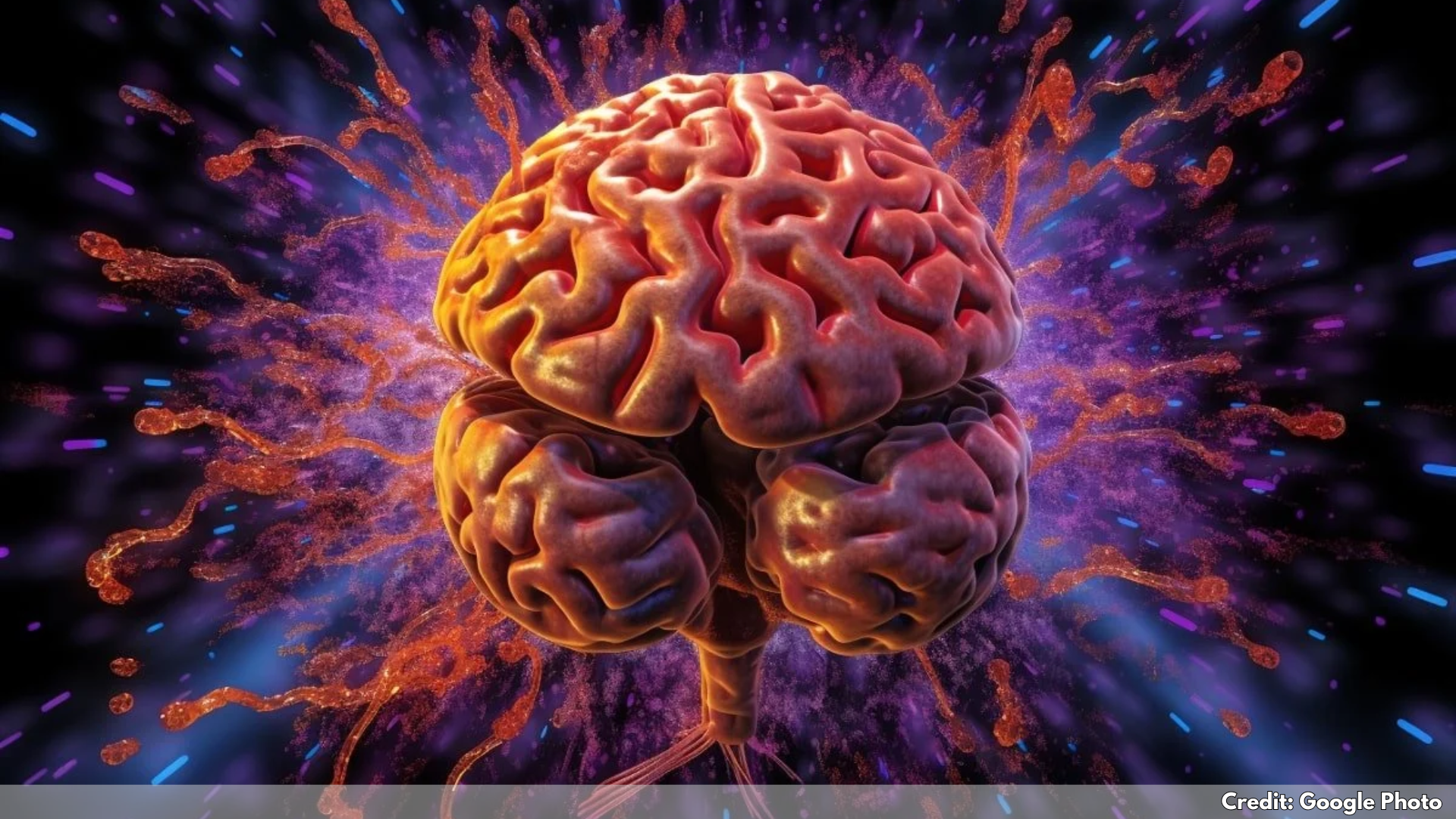According to a recent study, medications designed for blood and other malignancies may also boost the effectiveness of radiation therapy for low-grade brain tumors in adults.
Approximately 36 percent of initial brain tumors are meningiomas. While most can be treated effectively with surgery, radiotherapy is necessary for those difficult to treat. However, this treatment can lead to severe side effects, radiation damage to the brain, and resistance leading to tumor growth.
Researchers at the Brain Tumour Research Centre of Excellence at the University of Plymouth examined radiation damage and ways to mitigate it. They discovered that radiation-induced damage causes meningioma cells to produce more of the enzyme Histone deacetylase 6 (HDAC6), which is linked to tumor growth.
By administering the HDAC6 inhibitor Cay10603 prior to radiotherapy, the researchers were able to inhibit cell growth and increase cell death in meningioma samples. The study, published in the journal eBioMedicine, was led by Dr. Juri Na and Professor Oliver Hanemann. Their findings suggest a promising approach to improving treatment outcomes for malignant meningioma.

Brain
Dr. Na, Senior Research Fellow and lead author of the study, said: “Cay10603 was developed to target HDAC, a common target for some approved blood cancer drugs. Our study shows that when used alongside radiotherapy, the drug reduces tumor cell growth and increases tumor cell death. This combination treatment will kill cancer cells more efficiently while avoiding serious side effects from heavy radiation treatment, allowing us to use a lower dose of radiation along with Cay10603.”
Professor Hanemann, Director of the Brain Tumour Research Centre of Excellence, added: “Pan-HDAC inhibitors have been approved by both the US Food and Drug Administration and the European Medicines Agency, but Cay10603 is not currently licensed in the UK. No HDAC inhibitors like it have been used in clinical settings, so there are still steps to overcome before this treatment can benefit patients directly. However, this is a positive development considering the lack of existing treatments for meningioma patients.”
Brain Tumour Research funds sustainable research at dedicated centers in the UK and advocates for increased government and charity investment to accelerate new treatments and find a cure. The charity calls for a national annual spend of £35 million to improve survival rates and patient outcomes, matching those of other cancers such as breast cancer and leukaemia.
Dr. Karen Noble, Director of Research, Policy and Innovation at Brain Tumour Research, said: “We are delighted to see this promising approach from our Centre of Excellence at the University of Plymouth. Continued funding for this early-stage research is crucial for discovering new and improved treatments. We hope this impressive work leads to clinical trials for meningioma patients.”
Katie Everett, 31, from Romsey in Hampshire, was diagnosed with a meningioma in July 2021. After two operations and six weeks of radiotherapy, her most recent MRI scan in February 2024 showed stable results with no sign of regrowth. She is now on thyroid and hormone medication.
She said: “This development is really exciting and reassuring. It’s wonderful to know there could be new options to help people like me. I met a woman with multiple brain tumors who endured numerous rounds of radiotherapy. It would be amazing to know this could help people like her in the future.”
(With ANI Inputs)
(Also Read: Internet Sensation: Imposter Claims Responsibility For Global IT Outage)


















